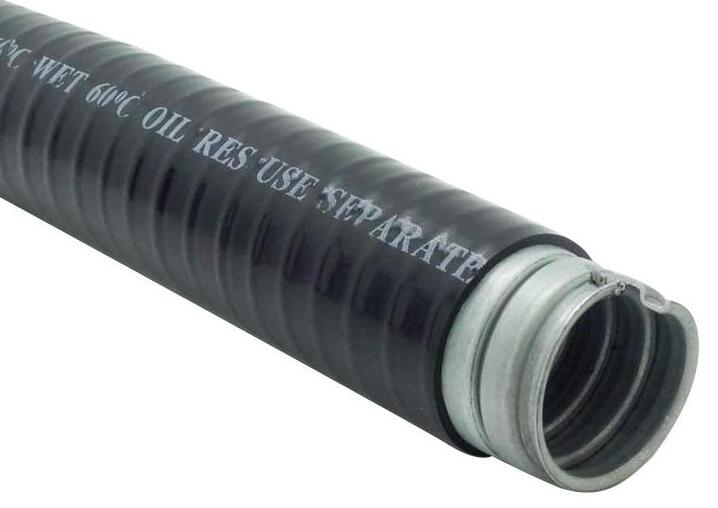Jan. 11, 2022
Conduit is used to make the installation of cables easier. However, to gain the added advantage of protecting wires and cables, it is important to know which conduit to use for a particular application. In some cases, the manufacturer will issue installation recommendations. For any of the following applications/situations listed below, or in the absence of manufacturer's recommendations, the use of a liquid impermeable conduit will serve you well.
Liquid-tight conduits are ideal for use in environments that are most likely to become wet. Used in conjunction with a liquid-tight fitting, the catheter will prevent moisture from entering. If the application requires the use of a liquid-tight fitting with these conduits, be sure to screw the fitting onto the connection or use a junction box.

This type of conduit can also be used in applications where the wire/cable may be exposed to corrosive elements. An example of such an application would be using this conduit for the condenser of an air conditioning unit.
Use this type of conduit if you are installing wires or cables for an external application. Specifically, you should use a metal version of this conduit that has a PVC sheath and stabilizer to provide additional protection against the elements, including solar UV.
This type of conduit is also suitable for applications that require bending as well as applications that require vibration. This type of conduit has an inner core made of galvanized steel that provides substantial resistance to bending and vibration. The core of the conduit also has a plasticized PVC coating that provides oil resistance and optimal performance in high temperature applications.
Liquid-tight conduits also offer full protection against dust and certain types of fluids. Most importantly, these conduits are mechanically strong, making them the better choice when making secure connections is critical.
Use these conduits if your application requires undergrounding of cables. Liquid-tight conduit provides adequate protection against moisture and pressure, even when buried underground. However, be sure to note that the conduit you should choose to use should not exceed one inch in diameter. Conduits with larger diameters are not suitable for concrete encasement.
Finally, these conduits can be used for low-heat applications - dry heat up to 80 degrees Celsius and wet heat up to 60 degrees Celsius.















